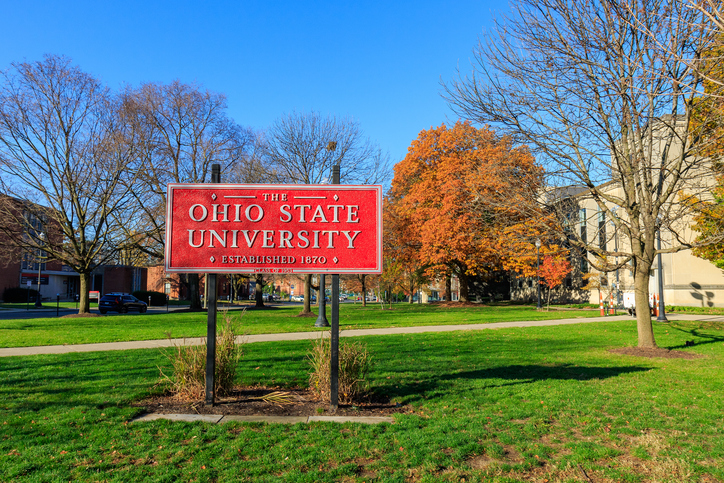
By Marcelo Jauregui-Volpe
On March 4, the artificial intelligence (AI) research company OpenAI launched a partnership with 15 research institutions – including seven AAU member universities – to use AI “to accelerate research breakthroughs and transform education.”
Through $50 million in research grants, access to OpenAI resources, and computational assistance, the NextGenAI coalition will support the discovery and development of new applications for AI and provide students with hands-on experience working with the technology. NextGenAI builds on ChatGPT edu, an advanced version of OpenAI’s chatbot specifically designed for universities.
“The field of AI wouldn’t be where it is today without decades of work in the academic community. Continued collaboration is essential to build AI that benefits everyone,” said OpenAI’s chief operating officer Brad Lightcap in a press release.
Seven AAU members are a part of the NextGenAI consortium: the California Institute of Technology, Duke University, Harvard University, Massachusetts Institute of Technology, the University of Michigan, The Ohio State University, and Texas A&M University.
A key component of this partnership is access to OpenAI’s application programming interface (API). Researchers typically pay to use the tech company’s high-end AI models, but NextGenAI will give universities access to credits for the platform. “These credits, which function like prepaid access to OpenAI’s AI tools, will enable faculty and students to explore AI applications across fields,” said Don Jordan, senior director of research communications at the University of Michigan.
OpenAI’s resources and funding will enable MIT to improve their AI models, support Duke in identifying the scientific fields that can benefit the most from AI, and help Texas A&M create more AI education and training opportunities through their Generative AI Literacy Initiative.
“We are excited to join Open AI and this elite research partnership, which will enable us to drive even more groundbreaking discoveries and advancements in medicine, manufacturing, computing, and beyond,” said Peter J. Mohler, executive vice president for research, innovation, and knowledge at Ohio State.
Marcelo Jauregui-Volpe is editorial and communications assistant at AAU.